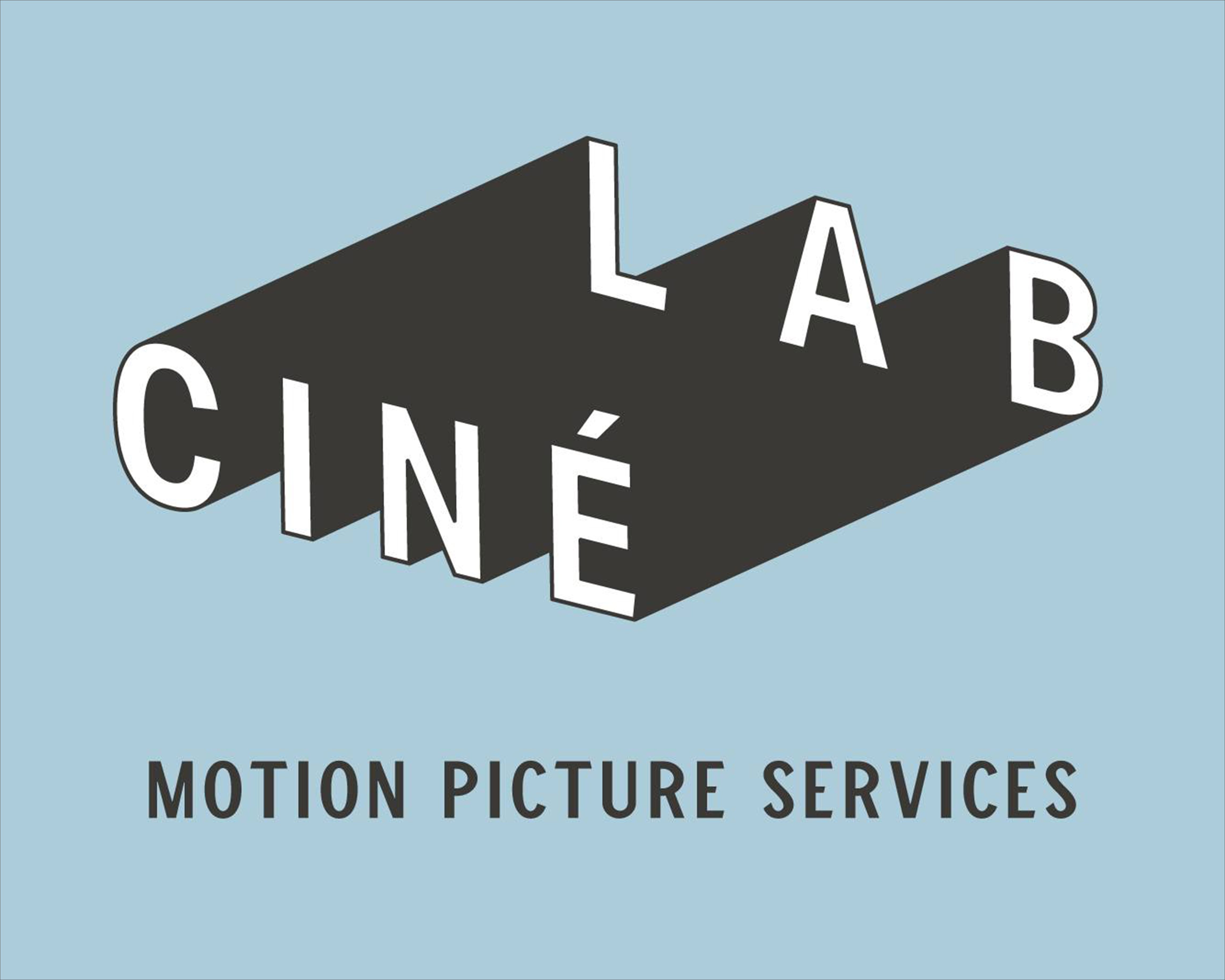Talking to Your Composer: 3 Important Tips
By Kristen Baum
I’ve met many first-time directors who fear the scoring process or are unfamiliar with it. “I don’t know anything about music or how to talk about it,” they say. This is the reason to hire a film composer. The music-making expertise is left to them and you get to be the expert about your story.
Develop a Common Language
At the heart of the director/composer relationship lies your common language. Talk about your story. About your intention. About the words that describe your story.
Then go deeper. Talk about what those words mean to you. Shared language helps your composer understand your story, your story’s intent and its musical needs. When your composer asks, “What do you mean when you say…” dive in and discuss how you feel about your story and how you want your audience to feel until you’re both clear on what you’re getting at. Don’t be afraid to ask if music can help.
Communicate Intention
The way you speak with your cinematographer or your actor can be an effective way to speak with your composer. Speak in intention. This helps the composer understand what you want—or don’t want—the music to do.
Be Bold About What You Want Music to Communicate
The entire process of filmmaking is about giving the audience information. We do this in many ways, including lighting, set design, costumes and music. Carry the idea of information-giving right through the scoring process. Your film’s score can help the audience attach to characters, allowing audience members to gather and process information. Clearly communicating your intention for music is your goal for achieving the best score for your project.
By Kristen Baum
I’ve met many first-time directors who fear the scoring process or are unfamiliar with it. “I don’t know anything about music or how to talk about it,” they say. This is the reason to hire a film composer. The music-making expertise is left to them and you get to be the expert about your story.
Develop a Common Language
At the heart of the director/composer relationship lies your common language. Talk about your story. About your intention. About the words that describe your story.
Then go deeper. Talk about what those words mean to you. Shared language helps your composer understand your story, your story’s intent and its musical needs. When your composer asks, “What do you mean when you say…” dive in and discuss how you feel about your story and how you want your audience to feel until you’re both clear on what you’re getting at. Don’t be afraid to ask if music can help.
Communicate Intention
The way you speak with your cinematographer or your actor can be an effective way to speak with your composer. Speak in intention. This helps the composer understand what you want—or don’t want—the music to do.
Be Bold About What You Want Music to Communicate
The entire process of filmmaking is about giving the audience information. We do this in many ways, including lighting, set design, costumes and music. Carry the idea of information-giving right through the scoring process. Your film’s score can help the audience attach to characters, allowing audience members to gather and process information. Clearly communicating your intention for music is your goal for achieving the best score for your project.





